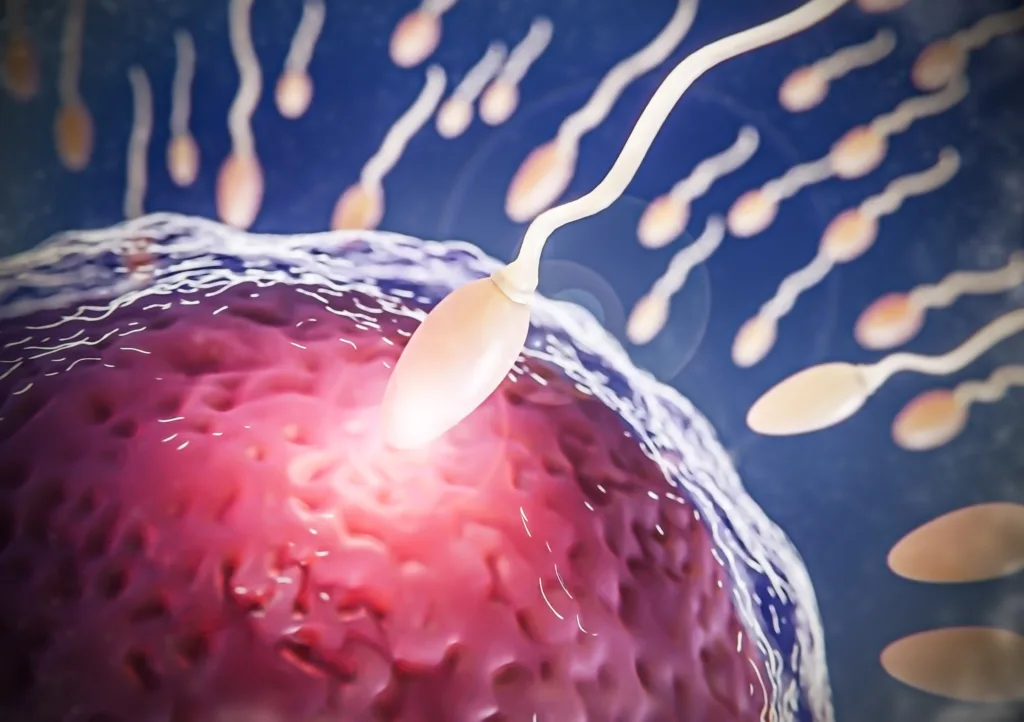New research conducted by University College London (UCL) suggests that male masturbation could enhance a primate’s chances of reproducing successfully while potentially reducing the risk of contracting sexually-transmitted infections (STIs).
According to the study, masturbation prior to sexual intercourse may contribute to successful fertilization by increasing arousal levels. This pre-sexual stimulation could potentially optimize conditions for reproductive success. The researchers also found that ejaculating after masturbation may help eliminate low-quality semen, ensuring that fresh and high-quality sperm are available for mating.
Lead researcher Dr. Matilda Brindle explains that the findings shed light on a prevalent yet poorly understood sexual behavior, representing a significant advancement in understanding the functions of masturbation. While the benefits of male masturbation are becoming clearer, the evolutionary advantages of female masturbation remain less evident at this stage.
The study delves into the widespread occurrence of masturbation across animal species, with a particular focus on primates such as chimpanzees, apes, and humans. By examining 246 published academic papers, conducting 150 questionnaires, and consulting primate experts and zookeepers, the researchers aimed to unravel the origins and purpose of this sexual behavior.
Based on the collected evidence, the research suggests that masturbation likely existed in the common ancestor of humans and other primates. This insight underscores the significance of understanding the role of masturbation within the broader context of reproductive strategies and evolutionary adaptations.
Published in the esteemed journal Proceedings of The Royal Society B, this study contributes to our understanding of sexual behaviors in primates. By shedding light on the potential reproductive implications of masturbation, the research paves the way for further exploration into this often overlooked aspect of sexual behavior among our primate relatives.
As scientists continue to delve into the complexities of sexual behaviors, this research opens up new avenues for understanding the intricacies of reproduction and evolutionary adaptations in the animal kingdom, including our closest primate relatives.
Source: SkyNews


